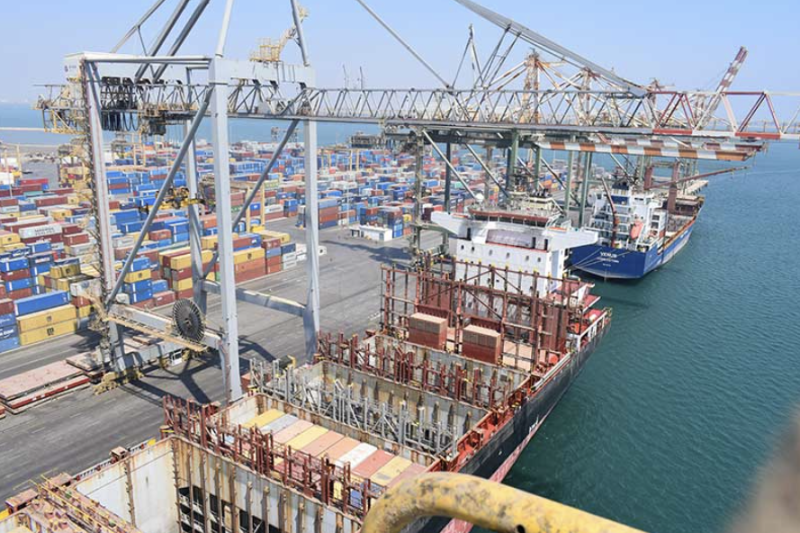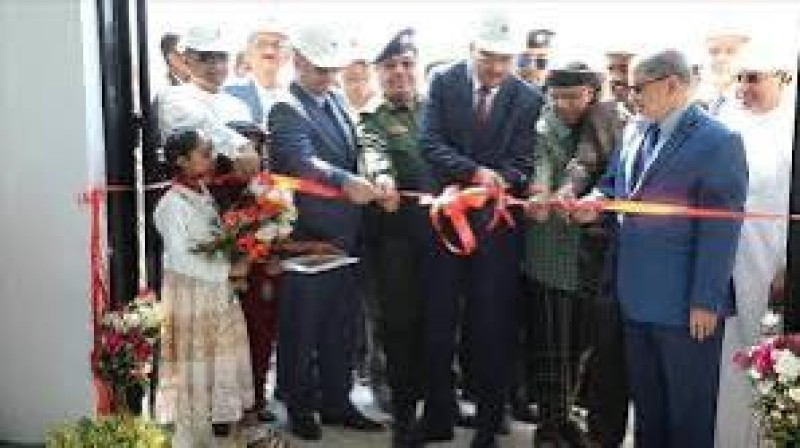Yemen Socio-Economic Update, Issue 67


In This Edition
I: Livelihoods support concept and livelihood programs
II: Status quo of livelihoods support programs
III: Livelihoods support promotion approaches
IV: Livelihoods projects and programs designed for women
V: Overall evaluation
VI: Proposals and recommendations
VII: Illustrative annex
The Editorial
People worldwide share a common objective to find out different means and sources to survive and generate income so they can meet their current needs and secure future livelihoods. However, they are often faced with several shocks and threats such as natural disasters, economic or political crises that disrupt the assets and resources for normal livelihoods activities, by destroying them or changing the access to them and their use. Situations as such will make difficult for affected people to generate income and operate their assets, which sometimes erode the ability to access basic food and or services, especially people who are vulnerable and unable to cope with shocks.
Supporting livelihoods becomes specifically important for people affected by large-scale disasters and long-standing conflicts and wars, as in the case of Yemen. Protracted conflicts not only cause serious loss of life and property but it often takes away or threatens the livelihoods and futures of those who have survived. For a large number of households, short-term economic and social vulnerability will be increased and their ability to cope with future shocks may also be eroded. When livelihoods are sustainable, vulnerable people can better cope with and recover from stresses and shocks.
Efforts pertaining to livelihood support programs in Yemen have come up with a set of projects approved by the Yemeni government and are implemented through a number of national institutions, as well as international relief and development organizations, with an overall objective of mitigating shocks and restoring livelihoods within communities affected by conflict, war, crises and disasters.
Hence, this issue of the YSEU Bulletin seeks to highlight the conceptual dimension and importance of livelihoods, while analyzing and evaluating Yemen's experience in implementing livelihood programs from the national perspective, including lessons learned, ways to improve and address the challenges ahead.

Aden -- Yemen Airways has announced the cancellation of the mandatory round-trip ticket requirement for passengers traveling from Yemen to Saudi Ar…

Aden — Ports under the authority of Yemen’s internationally recognized government have received more than two million metric tons of fu…

Mukalla — Local authorities in Hadramout have announced the inauguration of Yemen’s first solar-powered cement station, a landmark proj…